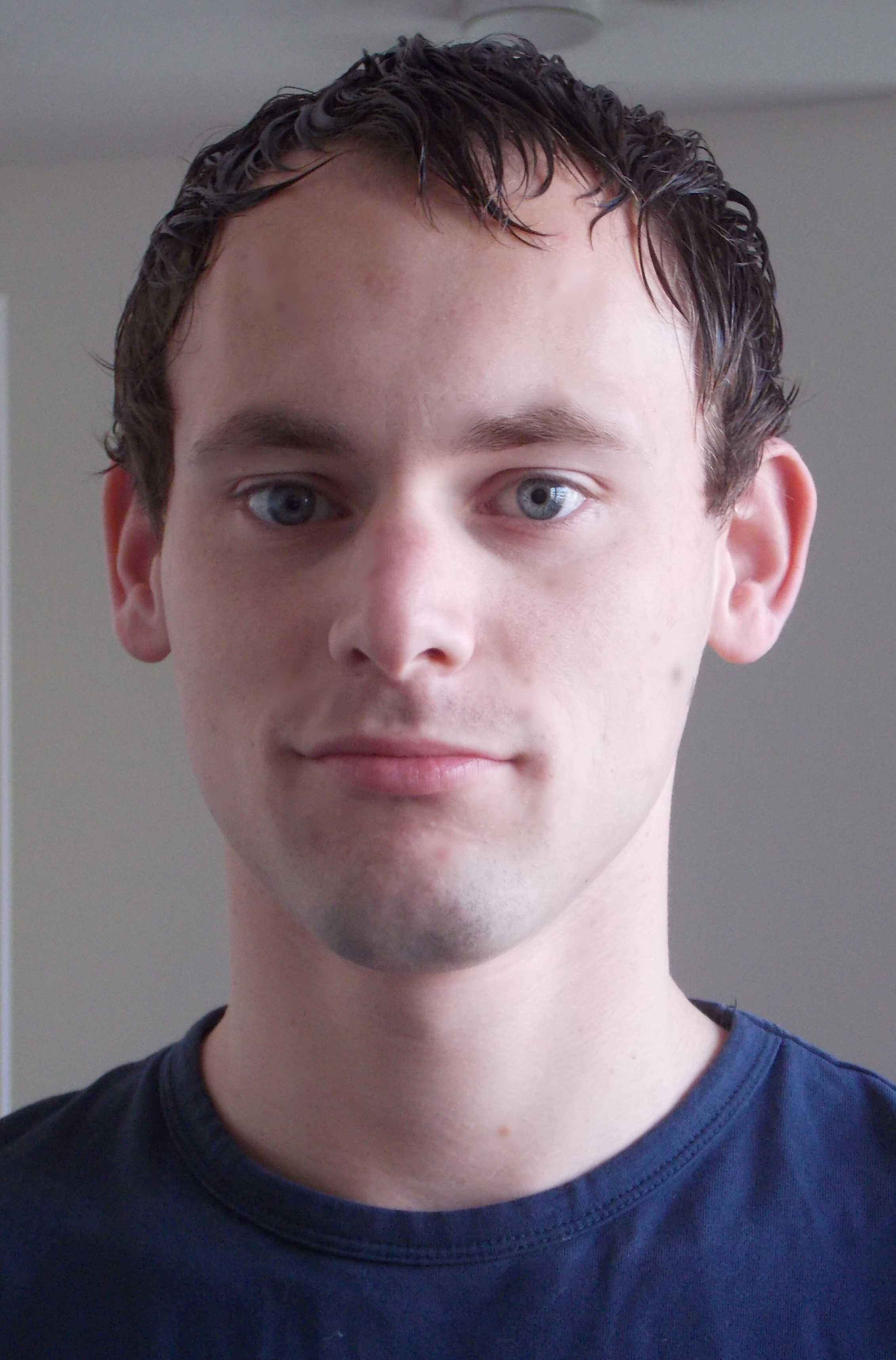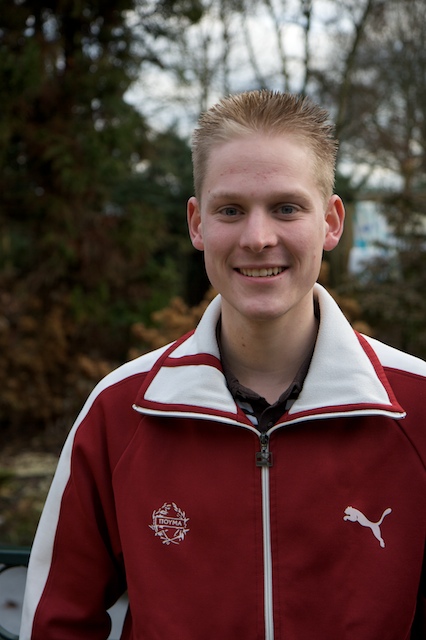Past Events |
| Event | Title | Location | Date |
| Vrienden van IHomer | Introduction and progress report of the ASPIC Project | IHomer Etten-Leur | 15th of December 2009 |
| SERG Research Colloquium | ASPIC: Awareness-based Support Project for Interpersonal Collaboration | Technical University Delft | 14th of January 2010 |
| ICGSE 2010 Doctoral Symposium | ASPIC: Awareness-based Support Project for Interpersonal Collaboration in Software Engineering | Princeton, NJ, USA | 23th of August 2010 |
| ICGSE 2010 Main Conference | Virtual Open Conversation Spaces: Towards Improved Awareness in a GSE setting | Princeton, NJ, USA | 26th of August 2010 |
| Communico Case Study | Kick Off | Delft | 20th of October 2010 |
| CSCW 2011 Video Track | Communico: Overhearing Conversations in a Virtual Office | Hangzhou, China | 22th of March 2011 |
| ICGSE 2011 Main Conference | Evaluating the Effectiveness of Board Game Usage to Teach GSE Dynamics | Helsinki, Finland | 18th of August 2011 |
| CollaborateCom 2011 Main Conference | An Exploratory Study on Open Conversation Spaces in Global Software Engineering | Orlando, Florida, USA | 16th of October 2011 |
| CollaborateCom 2011 Main Conference | Overhearing Conversations in Global Software Engineering - Requirements and an Implementation | Orlando, Florida, USA | 16th of October 2011 |
| CHASE 2012 Workshop | Supporting Distributed Software Engineering in a Fully Distributed Organization | Zürich, Switzerland | 2nd of June, 2012 |
| ICGSE 2012 Main Conference | An Industrial Evaluation of Technological Support for Overhearing Conversations in Global Software Engineering | Porto Alegre, Brazil | 28th of August 2012 |
| Vrienden van IHomer | Iris | IHomer Breda | 18th of September 2012 |
| CollaborateCom 2012 Main Conference | Collaboration should become a first-class citizen in support environments for software engineers | Pittburg, USA | October 14-17, 2012 |
| CollaborateCom 2012 Main Conference | Auto-Erecting Virtual Office Walls | Pittburg, USA | October 14-17, 2012 |
| MSR 2013 Working Conference | Fixing the ’out of sight out of mind’ problem - One Year of Mood-Based Microblogging in a Distributed Software Team | San Fransisco, USA | May 18-19, 2013 |
| ICGSE 2013 Main Conference | What Distributed Software Teams need to know and when: an Empirical Study | Bari, Italy | 27th of August 2013 |
| ICGSE 2013 Main Conference | Auto-Erecting Virtual Office Walls A Controlled Experiment | Bari, Italy | 29th of August 2013 |






